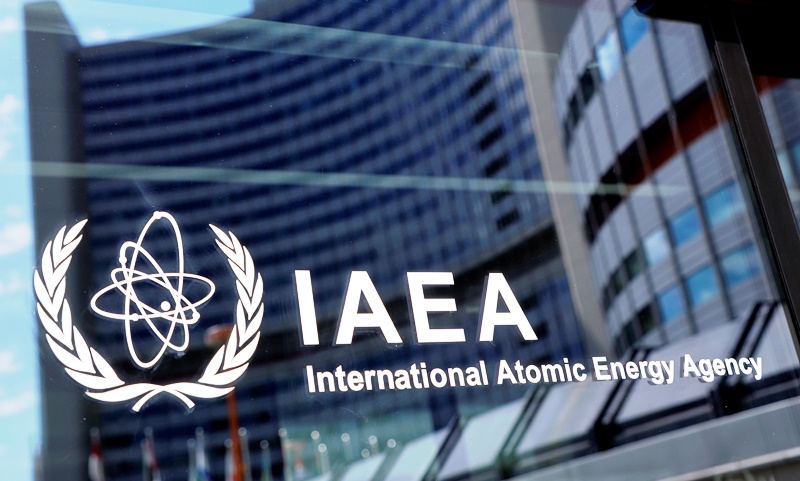A senior official from the UN’s nuclear watchdog, the International Atomic Energy Agency (IAEA), will travel to Iran on Monday for discussions, though no visits to nuclear facilities are planned. Iran’s Foreign Minister Abbas Araghchi announced the talks on Sunday, stating that the focus will be on defining a “framework for cooperation” between Tehran and the IAEA. The meeting follows months of heightened tensions after Israel’s military strikes on Iranian nuclear sites in June, which severely restricted the agency’s monitoring access.
Iran has accused the IAEA of indirectly facilitating the Israeli bombings by releasing a critical report on May 31, which led the agency’s Board of Governors to declare Iran in violation of its non-proliferation commitments. Tehran denies seeking nuclear weapons and maintains its adherence to the Nuclear Non-Proliferation Treaty (NPT). However, Iran suspended cooperation with the IAEA last month, citing the agency’s failure to condemn the attacks on its nuclear facilities.
The Israeli strikes also derailed indirect nuclear talks between Iran and the US, which had begun in April—marking the highest-level contact since Washington exited the 2015 nuclear deal in 2018. Iran now demands security guarantees against further military action before resuming negotiations. Araghchi revealed that Tehran has received messages from the US but stressed that “nothing has been finalized” regarding renewed talks.
Meanwhile, European powers—Germany, Britain, and France—have warned Iran of potential sanctions if no progress is made by August. The “snapback mechanism” could reinstate UN sanctions under the defunct 2015 deal, though Tehran has cautioned against such a move. Araghchi confirmed ongoing discussions with European officials but noted that no date has been set for further talks. With deadlines approaching, the diplomatic standoff risks escalating into a broader crisis.














